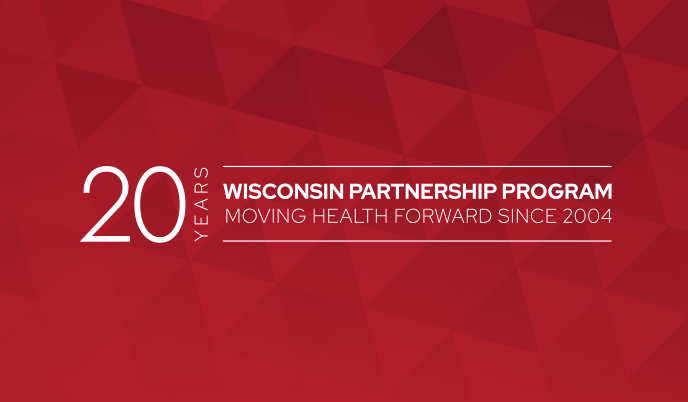
Newborn genomic testing expands with support from Wisconsin medical schools
Through an effort led by Wisconsin’s two medical schools, newborn genomic testing capacity will expand to more hospitals throughout the state, allowing rapid diagnosis of rare genetic conditions and improved medical management for critically ill newborns.

Detecting diabetic eye disease early helps prevent vision loss
Jeri Shultis knew something was wrong. He had driven south from Mauston, Wisconsin to Madison to watch his grandson wrestle at the state tournament, but he was struggling to focus on the mat.

Medical students prepare to meet rising Latino dementia care needs
Researchers in Madison are partnering with a Milwaukee-based Latino community center on a new, culturally competent elective course for students at the University of Wisconsin School of Medicine and Public Health. The course is focused on training the next generation of doctors in dementia care for the Latino community.

Q&A: Sara McCoy on innovative treatment for Sjögren’s disease
Dr. Sara McCoy, a rheumatologist in the Department of Medicine, is one of the nation’s leading experts on Sjögren’s disease, an autoimmune disorder that affects moisture-producing glands in the eyes, mouth and other parts of the body.

Football helmet covers do not reduce concussions for high school players
A study of 2,610 Wisconsin high school football players found that wearing soft-shell helmet covers, marketed as Guardian Cap helmet devices, during practice had no effect on the rates of sports-related concussions.

Examining a climate-induced global health crisis
As dusk settles over Paris, those who wander the city streets hear the clattering sounds of shutters and windows closing. Richard Keller, a professor of medical history and bioethics who has studied 21st century Paris heat waves, has noticed this routine even on the hottest evenings, even in homes without air conditioning.

A path for safer opioid prescribing
An approach to prescribing opioids that pairs clinician education with patient-centered monitoring and feedback could help primary care doctors minimize prescribing opioid medications to manage patients’ chronic pain, according to a University of Wisconsin–Madison research team.

Some childhood traumas may reduce adolescent mental health problems
An analysis of national data by University of Wisconsin School of Medicine and Public Health psychiatry researchers showed that the type of trauma a person experiences could be more impactful than the amount of trauma they encounter in youth.

Maternal blood pressure program expands to help women facing health risks
A UW Health and UnityPoint Health – Meriter program designed to monitor blood pressure during pregnancy and after birth to decrease health complications and hospital readmissions is expanding outside the hospital walls.

Trust is key to collaborating with Native community
From their home near the forested lakes of Mole Lake, Wisconsin, the Tribal Council of the Sokaogon Chippewa Community (SCC) traveled to the University of Wisconsin–Madison, where they were welcomed by health sciences and biomedical researchers and staff.

Grants power two decades of statewide impact
The university’s medical school would not be the UW School of Medicine and Public Health without the Wisconsin Partnership Program (WPP), celebrating its 20th anniversary this year.

RISE-THRIVE initiative focuses on immunology and healthspan
The UW School of Medicine and Public Health will play a significant role in the newest area of focus for the Wisconsin Research, Innovation and Scholarly Excellence (RISE) initiative: RISE-THRIVE, aimed at advancing health and improving lives.